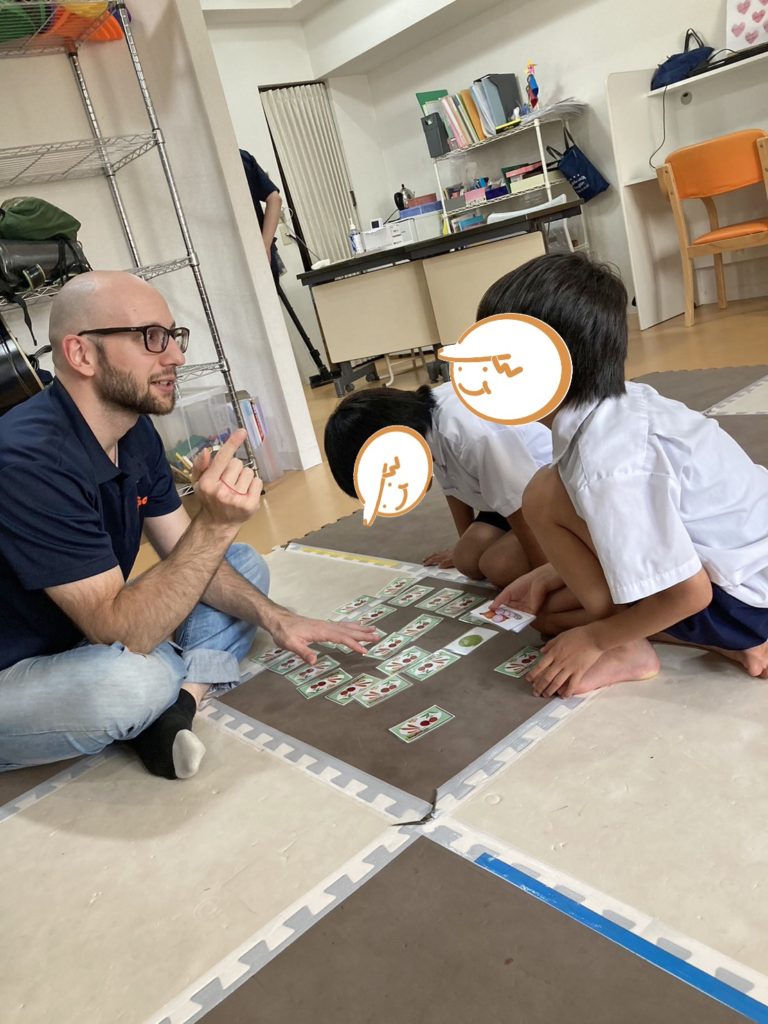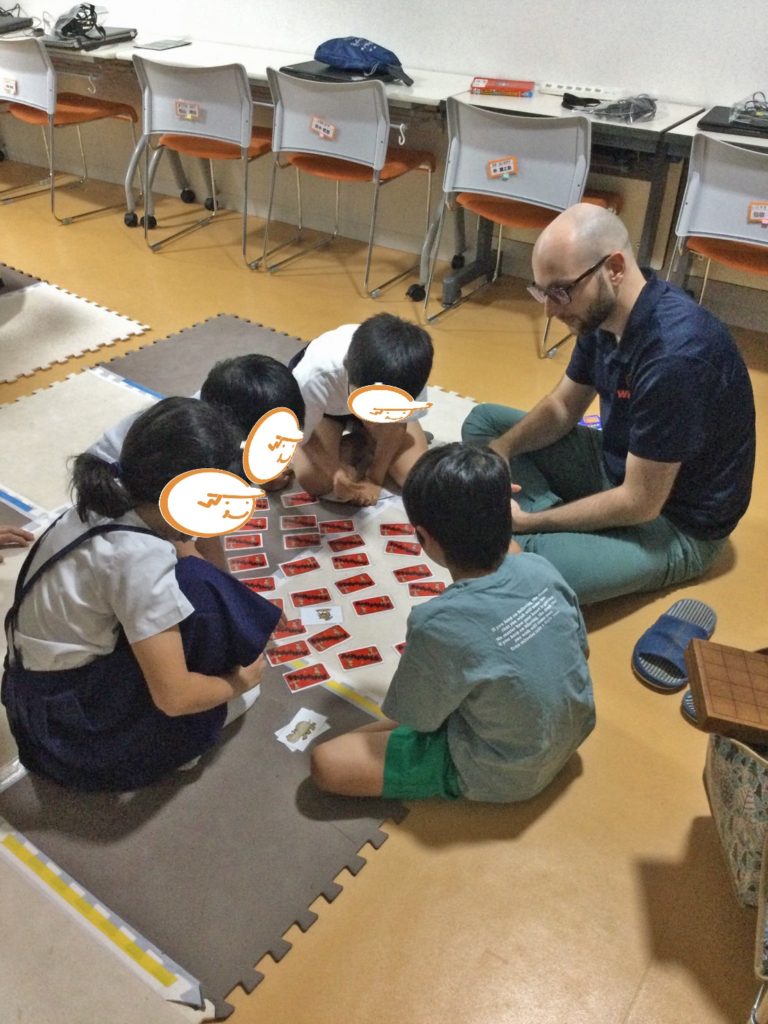Let’s Focus!👀【鹿児島市の放課後等デイサービス】
2023.06.02
In today’s fast-paced world, where technology dominates the lives of children, it is crucial to engage them in activities that not only provide entertainment but also promote their cognitive development. One such activity that stands out is memory games. These games are not only fun but also offer a wide range of benefits for children’s education. In this blog, we will explore the importance and benefits of memory games in enhancing children’s learning abilities.

Memory Enhancement 💭
They require kids to remember and recall information, such as images, patterns, or sequences.
Cognitive Development 💬
Stimulation of children’s cognitive abilities, including attention, concentration, and problem-solving skills. Through consistent engagement with memory games, children can enhance their critical thinking and logical reasoning abilities.
Vocabulary Expansion 📖
By associating words or concepts with visual representations, children reinforce their understanding and retention of new words.
Focus and Concentration 🌀
Memory games require children to concentrate on the task at hand, ignore distractions, and actively engage their minds.

Pattern Recognition 🔎
Children develop a keen sense of observation and pattern recognition, enabling them to excel in subjects that require logical thinking.
Social Skills 🗣
In group settings, children learn to take turns, cooperate, and communicate effectively with their peers. These games also foster healthy competition, sportsmanship, and teamwork, promoting positive social development.
Boosting Confidence ➕
Children improve their skills over time, experience a sense of accomplishment and boost their self-confidence. Success in memory games reinforces their belief in their abilities to learn and tackle challenging tasks.
Memory games play a vital role in children’s education by promoting memory enhancement, cognitive development, vocabulary expansion, focus, pattern recognition, social skills, and confidence building. Integrating these games into children’s learning routines can create a dynamic and enjoyable educational experience. By recognizing the significance of memory games, parents and educators can support children’s overall development and equip them with essential skills for lifelong learning. (PEPPE)


